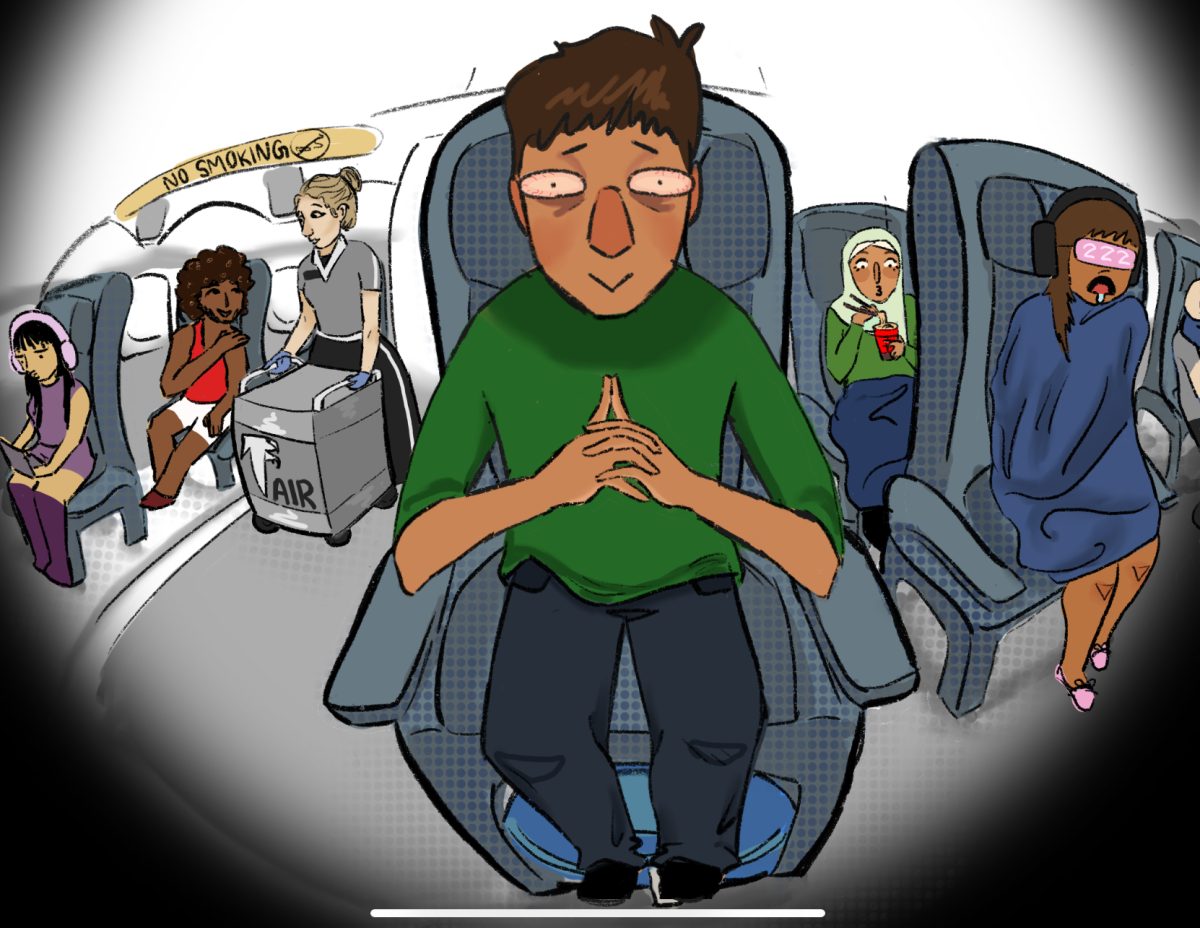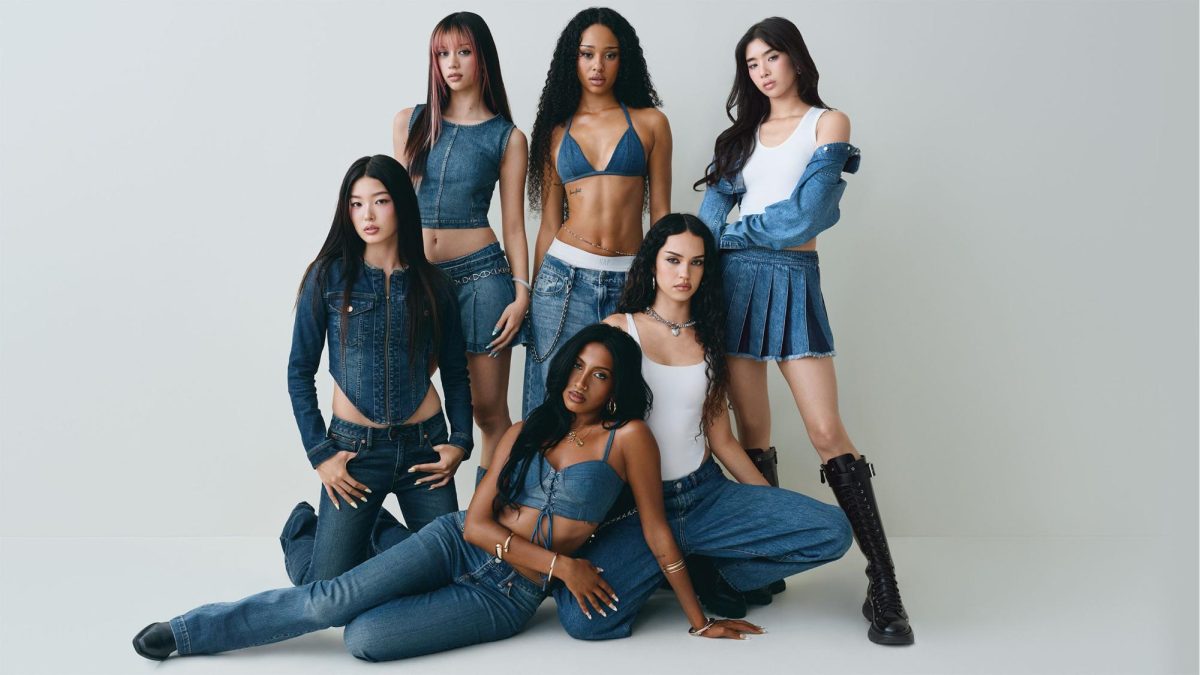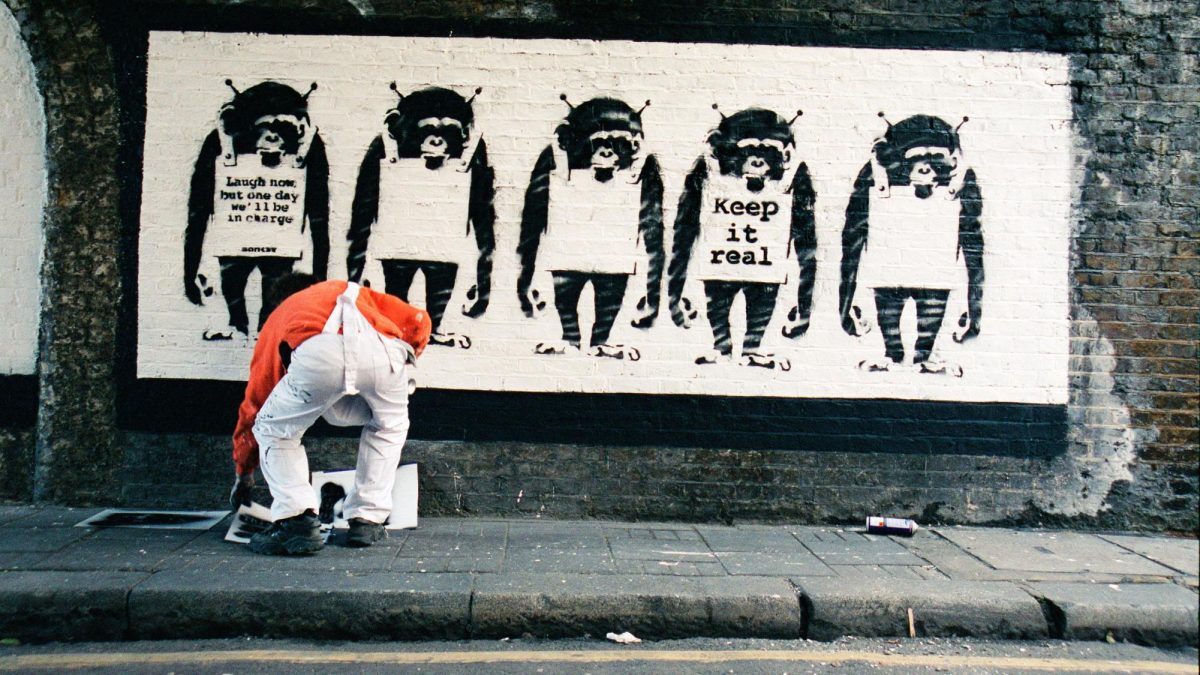Within recent years, many can say they’ve laid witness to countless ‘catastrophic’ celebrity scandals. Whether it’s James Charles’ historic feud with Tati Westbrook, or vlogger Colleen Ballinger’s musical apology addressing her grooming allegations, influencer’s dirty, cancel-worthy “mistakes” are aired out for the public to gawk at. These incidents, often succeeded by an arbitrarily strung, pity-seeking apology, bring widespread audiences together to shut down and de-platform the perpetrator. Although as months pass, and the drama is soon forgotten and stale, their comment section, once filled with passionate hate and confrontation, begins to heal and return to positive, forgetful support. This side of social media, which partners dutifully with cancel culture, promotes the unethical actions of online figures. Subsequently supporting often racist and immoral values, while every view feeds directly into the offender’s unreasonably full bank account.
In modern society, it becomes inherently clear that “any publicity is good publicity.” Conflict after conflict, a publicized scandal harnesses the internet’s reach to take over explore pages internationally. Pushing the drama to larger and larger audiences, urging wider demographics of people to engage with posts. Social media’s flawed cycle of de-platforming, then the inability to hold individuals to lasting accountability, furthers the tolerance of racism and immorality within humanity.
Trisha Paytas, a wildly successful social media figure, initially popularized for her YouTube presence, is often recognized for her bold and often offensive opinions and actions. Accused of repeated microaggressions and blatant racism since her debut in 2007, Paytas has endured several waves of cancel culture. Despite the repeated attempts of viewers to intimidate and shame Paytas off social media, she remains posting videos. Combating each scandal with an announcement, or simply ignorance and disregard. Once a tearful apology is posted, audiences are effectively lulled back to their tranquil observation, and Paytas resumes her problematic content and booming career, and her pockets are ever so much thicker.
Moreover, influencer Isabella Escudero, popularized for her “get ready with me” videos, holds a staggering TikTok platform of 1.8 Million followers. Recently in a leaked Snapchat video, Escudero is pictured saying the n-word. Naturally, after the video was publicized fans were outraged, flocking to her comment section demanding an apology. Following a week-long break from social media, Escudero published a sorrowful apology video on her page. Beginning with “I missed you guys”, she continues to apologize, but every “sorry” seems to be tailed by a notion of excuses or dismissal. Audiences’ need for an insincere apology to resume their blind support, acts as permission to forget. Reaffirming the fact that they do not necessarily care what the wrongdoing was, and the lasting effects of the action, but rather just the fact that it was “wrong.” Escudero’s comments may currently be filled with hate, but as social media’s algorithm promotes the rise and fall of drama, her excuse that “we all make mistakes” appears valid in the eyes of most.
Online audiences’ inability to continue to hold media figures to their inexcusable actions promotes the thought that being a bad human being is forgivable, and respect is easily regained with the introduction of something fresh and sparkly. Furthering the mockery of incredibly serious racial or controversial worldwide issues. The easily distracted attention of viewers leads to nothing more than an increasingly unethical, and overly tolerant world.













